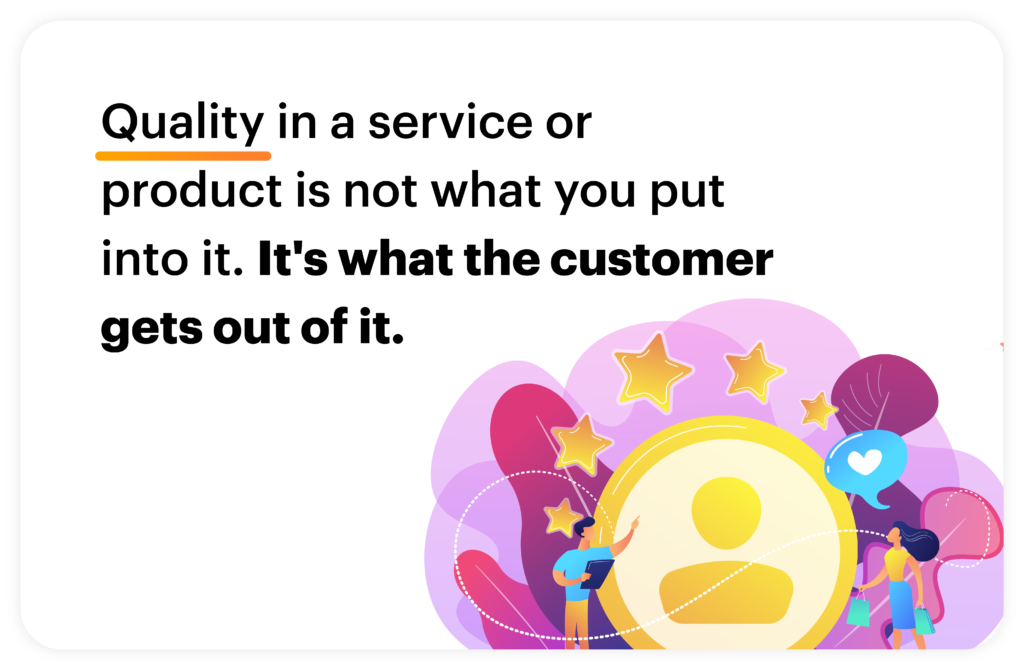In today’s competitive B2B landscape, customer support isn’t just about resolving issues; it’s about creating meaningful relationships with clients to promote growth and retention. At the core of this strategy is effective account management. As Peter Drucker, a leading management consultant, rightly said, “Quality in a service or product is not what you put into it. It’s what the customer gets out of it”.

Understanding Account Management, Support, and Success
Before delving into the heart of the matter, let’s distinguish between account management, support, and success. While these terms are sometimes used interchangeably, they each have distinct roles.
Customer Support teams are typically reactive, dealing with immediate customer queries and issues. Customer Success, on the other hand, is a proactive approach that focuses on helping customers achieve their desired outcomes with your product or service.
Account Management sits between these two, acting as the bridge that connects support and success. An Account Manager is primarily responsible for managing customer relationships, ensuring customer satisfaction, and identifying opportunities for upselling or cross-selling.
The Importance of Effective Account Management

So, why is account management so crucial in a B2B enterprise setting?
- Customer Retention: Account managers maintain a long-term relationship with customers, fostering loyalty and reducing churn rate. As the saying goes, “It costs five times as much to attract a new customer, than to keep an existing one”.
- Revenue Growth: With a deep understanding of clients’ needs and goals, account managers are well-placed to identify upselling and cross-selling opportunities, driving revenue growth.
- Customer Satisfaction: Account managers are advocates for the customer within the company, ensuring their needs are met, and their issues are resolved promptly. This leads to increased customer satisfaction and positive word-of-mouth referrals.
- Market Insights: By being in regular contact with clients, account managers gain valuable insights into market trends and customer needs, aiding strategic decision-making.
Top Traits of Successful Account Management Teams
Successful account management teams often exhibit several key traits:
- Excellent Communication: Account managers must be able to clearly communicate with clients and internal teams, managing expectations and resolving any issues that arise.
- Strategic Thinking: Account managers need to understand the bigger picture, aligning clients’ goals with the company’s offerings.
- Customer-Centricity: The best account managers always put the customer first, striving to understand their needs and working to deliver the best possible service.
- Problem-Solving Skills: Account managers often need to think on their feet, resolving conflicts and finding solutions to clients’ problems.
- Negotiation Skills: Whether it’s negotiating contracts or handling disputes, strong negotiation skills are vital in account management.
Leveraging Account Management Teams for Business Growth
Effective account management teams can be a significant driver of business growth. Here’s how:
- Enhancing Customer Experience: By providing personalized service and prompt resolution of issues, account management teams can greatly enhance the customer experience.
- Driving Customer Success: Account management teams can work closely with customers to help them realize the full value of your products or services, leading to higher customer success rates.
- Identifying Upselling and Cross-Selling Opportunities: With a deep understanding of clients’ needs, account management teams can identify opportunities for upselling and cross-selling, driving revenue growth.
- Reducing Churn: By building strong relationships with clients and ensuring their satisfaction, account management teams can significantly reduce customer churn.
- Providing Strategic Insights: Account management teams can provide valuable insights into customer needs and market trends, aiding strategic decision-making
The Role of Customer Account Management Software

In the complex B2B environment, managing customer accounts can be a challenging task. This is where customer account management software comes into play, serving as a vital tool for scaling support teams and optimizing their performance.
Customer account management software helps businesses streamline their account management processes, providing a centralized platform for tracking customer interactions, managing customer data, and generating actionable insights. This technology empowers account management teams to deliver personalized service, identify upselling and cross-selling opportunities, and proactively address issues before they escalate.
In addition, customer account management software can automate routine tasks, freeing up account managers to focus on strategic initiatives. It can also facilitate collaboration among account management, support, and success teams, ensuring a cohesive approach to managing customer relationships.
Supportbench: A Premier Customer Account Management Software
As a premium customer account management software designed for B2B enterprises, Supportbench combines advanced features with exceptional ease of use and scalability. With Supportbench, you can leverage AI-driven capabilities like sentiment analysis and intent detection to gain a deeper understanding of your customers, enabling you to deliver tailored service and optimize your account management strategies.
Supportbench also offers customizable dashboards, robust reporting features, and a fully customizable customer portal, providing the tools you need to effectively manage your customer accounts and drive your business growth.
Summing It Up
In the competitive B2B landscape, effective account management is key to retaining customers, driving revenue growth, and ensuring customer satisfaction. By leveraging customer account management software like Supportbench, B2B enterprises can streamline their account management processes, optimize their support teams, and propel their business to new heights.
As J. Willard Marriott, the founder of Marriott International, said, “If you take care of your people, your people will take care of your customers and your business will take care of itself”. By investing in your account management teams and equipping them with the right tools, you can take care of your customers and ensure the long-term success of your business.












